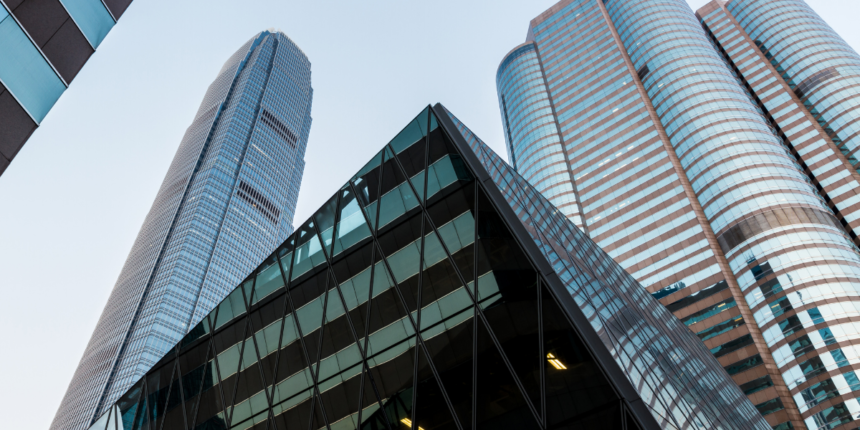Shein, a dominant player in the online fashion retail space, faces scrutiny by the Italian Competition Authority. The investigation centers around potentially deceptive advertising claims on the brand’s website, specifically relating to environmental sustainability. This inquiry is a reflection of the growing regulatory focus on greenwashing, a practice where companies misrepresent the environmental benefits of their products to appeal to environmentally conscious consumers. The outcome of this investigation could significantly impact Shein’s operations and consumer trust.
Past regulatory actions have continually targeted fashion brands over false sustainability claims. The European Commission has previously introduced regulations aimed at mitigating greenwashing, emphasizing the necessity for brands to substantiate their claims. Despite these efforts, a substantial proportion of companies still present vague or misleading statements, with nearly 40% lacking evidence to back their environmental assertions. This persistent issue highlights the ongoing challenges regulators face in ensuring transparency in the industry.
What Are the Specific Allegations?
The investigation focuses on Shein’s website sections like “#SHEINTHEKNOW,” “evoluSHEIN,” and “Social Responsibility.” These areas reportedly convey misleading messages about the sustainability and quality of Shein’s products. The Italian authority suggests that such claims might mislead consumers into believing they are making environmentally conscious decisions when purchasing Shein’s products. It is alleged that Shein’s branding emphasizes sustainability without providing substantial evidence to support these claims.
How Does This Investigation Fit into Broader Regulatory Efforts?
The investigation aligns with broader European regulatory efforts aimed at combating greenwashing. The EU has been proactive, implementing directives that require companies to substantiate their sustainability claims. This initiative comes in response to findings that many brands provide unclear or unsupported environmental claims. The fashion industry, being a significant contributor to environmental degradation, is under particular pressure to adhere to these regulations.
Allegations against Shein extend to its “evoluSHEIN” line, labeled as sustainable but criticized for possibly misleading consumers about the use of “green” fibers and neglecting to mention issues like non-recyclability. Moreover, despite Shein’s commitment to reducing greenhouse gas emissions, evidence from its sustainability reports indicates an upward trend in emissions. This contradiction raises questions about the authenticity of Shein’s environmental pledges.
Shein has responded to the investigation with a commitment to cooperation. A spokesperson for the company stated:
“SHEIN is ready to cooperate openly with relevant Italian authorities, providing the necessary support and information to address any inquiries. We would also like to take this opportunity to reaffirm our commitment to complying with the laws and regulations in the markets where we operate and to maintaining transparency with our customers.”
The Italian Competition Authority’s investigation into Shein’s environmental claims is a critical step in the broader movement against greenwashing in the fashion industry. With regulators increasingly vigilant, fashion companies must ensure their sustainability claims are genuine and evidence-based. This examination of Shein’s practices may serve as a precedent, encouraging other companies in the sector to reassess their environmental impact and marketing strategies. By enforcing transparency and accountability, such efforts aim to foster a more sustainable fashion industry.










